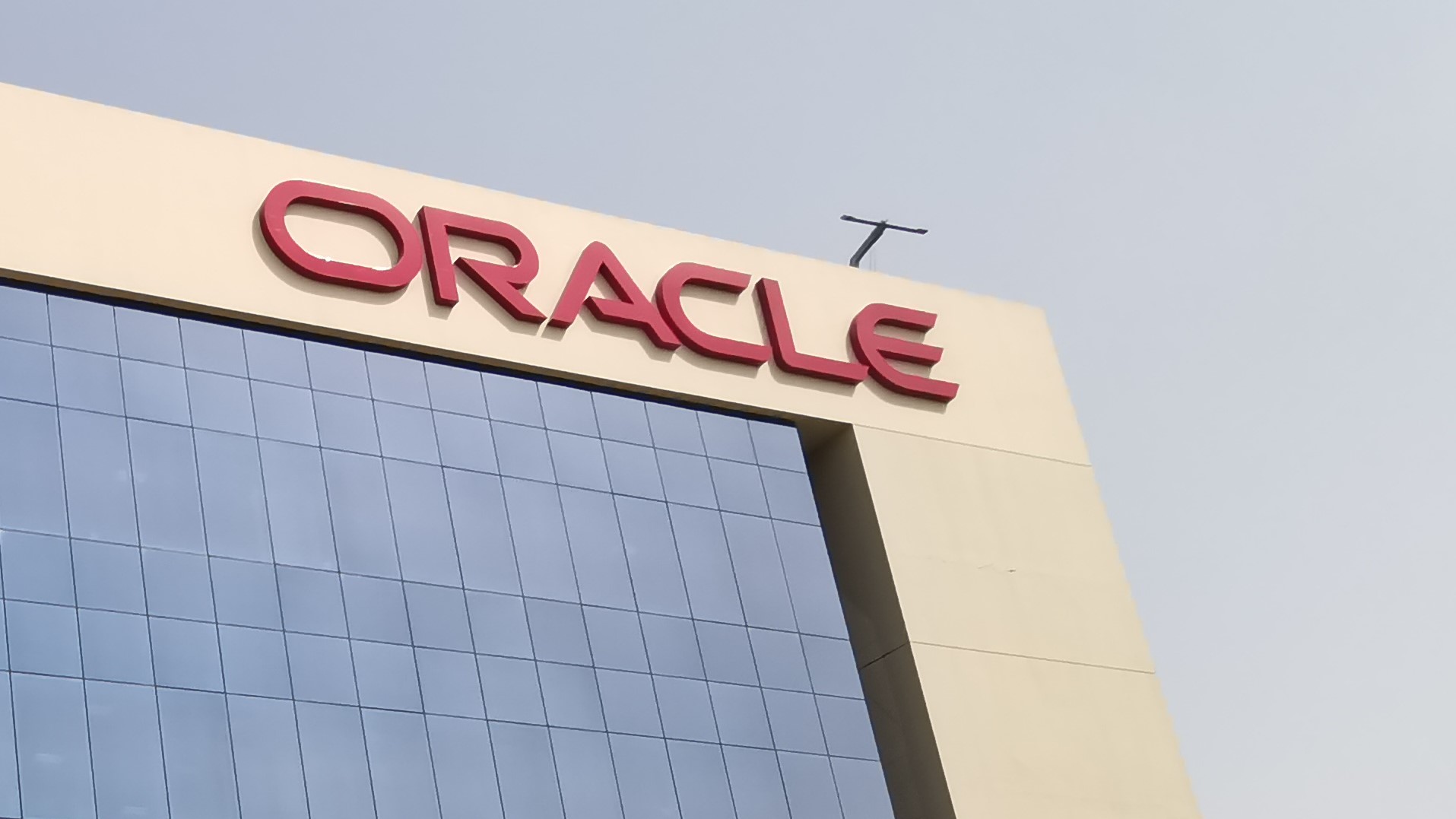Oracle’s cloud-based database service MySQL HeatWave is now available to host on Amazon Web Services (AWS), the company has confirmed.
Launched in December 2020, HeatWave is designed to enable customers to run analytics on data that is stored in MySQL databases, without the need for ETL (Extract, Transform, Load).
Though Oracle’s database service will be hosted on AWS, it is not delivered in partnership with Amazon and is directly competitive with the latter’s own database services such as Amazon Aurora, Amazon RDS, or Amazon Redshift.
What does this mean?
Oracle claims the move will mean that users will be able to run transaction processing, analytics, and machine learning workloads in one service, without “requiring time-consuming ETL duplication” between separate databases
Oracle used the example of using Amazon Aurora for transaction processing, Redshift or Snowflake on AWS for analytics, and SageMaker for machine learning.
The new product apparently boasts delivers price performance that is 7X better than Amazon Redshift, 10X better than Snowflake, 12X better than Google BigQuery, and 4X better than Azure Synapse on the 4TB TPC-H* benchmark, if Oracle’s claims are to be believed.
The new product also brings new security features to the table, which apparently include server-side data masking and de-identification, asymmetric data encryption, and a database firewall
In addition, Oracle also that the service will also soon be available Microsoft Azure, as well as Oracle’s own Oracle Cloud Infrastructure (OCI)
Oracle may be participating in activities that could threaten AWS’s cloud dominance.
Microsoft is reportedly rallying other big players in the space, such as Google Cloud and Oracle in preparation to lobby the US government to ensure that large-scale cloud computing contracts are spread out between different vendors, what is known as a multicloud approach.
“Many of our MySQL HeatWave customers migrated from AWS. Others wish to continue running parts of their application on AWS,” said Edward Screven, Oracle chief corporate architect. “Those customers face serious challenges including exorbitant data egress fees charged by AWS and higher latency when accessing a database service running in Oracle’s cloud”.
He added: “We are addressing these issues while delivering outstanding performance and price performance across transaction, analytics, and machine learning compared to other database cloud providers.”
The news comes as Oracle has posted strong corporate results in the quarter ending August 2022, Oracle’s revenue grew 18% year-on-year to $11.4 billion, while its net income rose 14% to $1.5 billion according to its latest report (opens in new tab).





